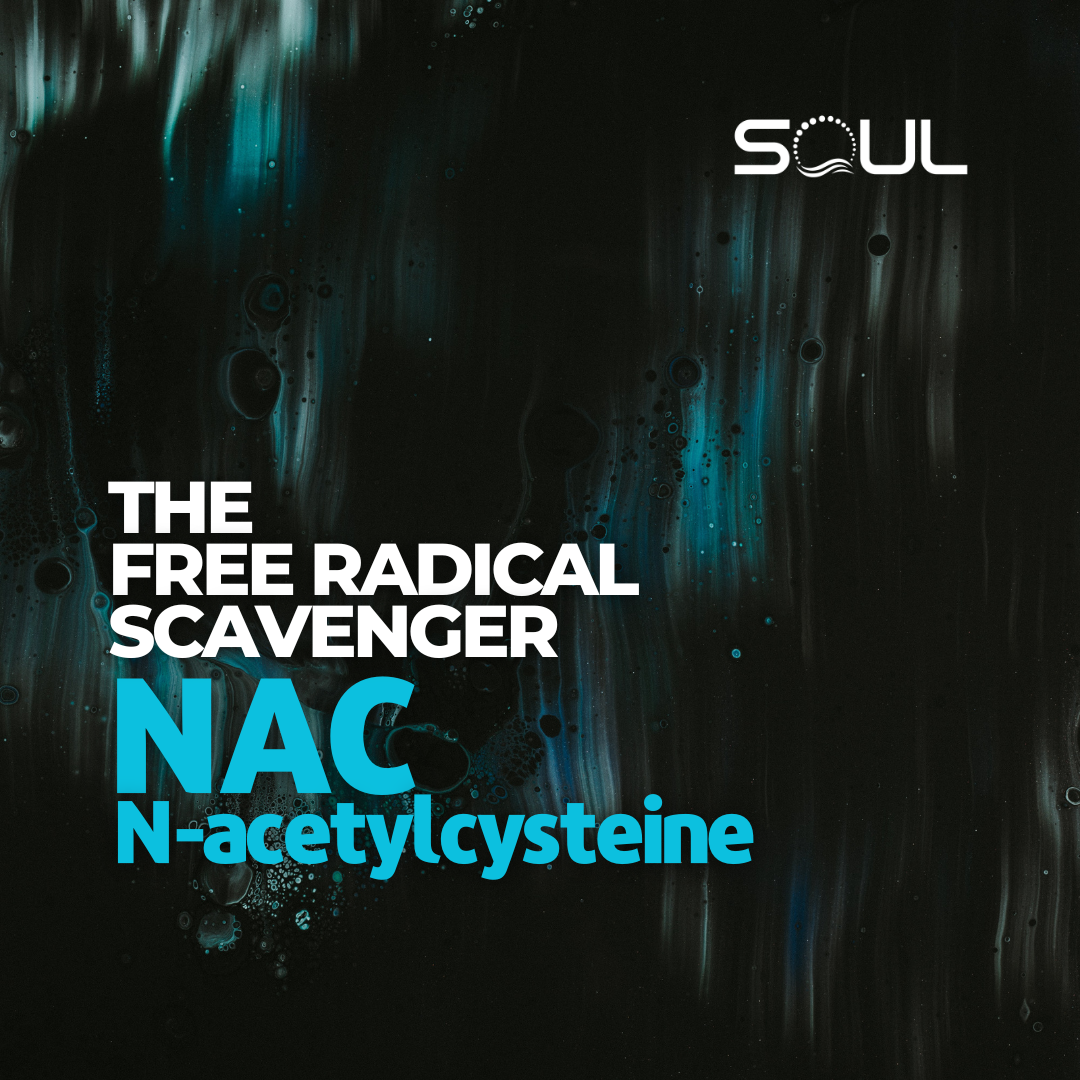
N-Acetylcysteine: The Supplement That’s More Than Just a Mucus Buster
In the world of supplements, few can match the multifaceted benefits of N-acetylcysteine (NAC). A derivative of the amino acid cysteine, NAC is a bit of an unsung hero that works behind the scenes, breaking down mucus, replenishing a crucial antioxidant, and even taking aim at addiction and psychiatric disorders. But NAC isn’t just a passing trend or a one-trick pony—it’s a scientifically studied compound with decades of research supporting its varied roles.
The Lung’s Unsung Ally: Breaking Down Mucus
Let’s start with the basics. NAC has a reputation for one of its most visible benefits—clearing the respiratory tract. In medical jargon, we call NAC a “mucolytic” agent. Put simply, NAC helps thin out that thick, sticky mucus that clogs up the airways in conditions like cystic fibrosis and COPD. Imagine mucus as a poorly made jelly that’s suffocating your airways—NAC steps in and turns it into a gentle soup that your body can easily clear away.
Mechanistically, this process hinges on NAC’s ability to disrupt the disulfide bonds that keep mucus molecules tightly bound together. By loosening these chemical “handshakes,” NAC gives your lungs the freedom to breathe again. The result? Reduced chest congestion, less coughing, and better airflow. For someone struggling with chronic respiratory issues, NAC is like opening a window in a stuffy room.
The Addiction Angle: A Surprise Contender
Now, let’s shift gears to NAC’s more surprising benefits. Beyond its role in respiratory health, NAC has been studied extensively for its potential effects on addiction. In addiction research, the name of the game is often neurotransmitter modulation. NAC appears to step in by adjusting the balance of glutamate—a key neurotransmitter involved in reward and compulsive behaviors.
Consider the case of cocaine addiction, where the brain’s reward circuitry is hijacked. NAC seems to modulate glutamate release, restoring balance in these circuits and reducing cravings. This same glutamate regulation may explain its effects on other addictions, like gambling and alcohol dependency. While not a magic bullet, NAC’s potential to influence the biochemical underpinnings of addiction makes it an intriguing tool in the fight against compulsive behaviors.
The Antioxidant Shield: Boosting Glutathione
When it comes to antioxidants, glutathione is the king of the castle. This tripeptide—composed of glutamate, cysteine, and glycine—plays a pivotal role in detoxifying reactive oxygen species (ROS) and protecting cells from oxidative stress. Here’s the catch: cysteine availability is the bottleneck in glutathione production, meaning without enough cysteine, your body’s defenses weaken.
Enter NAC. As a precursor to cysteine, NAC delivers the raw materials needed to crank up glutathione synthesis. Think of glutathione as your body’s cleanup crew, tirelessly scrubbing away cellular damage. NAC not only supplies the workforce with more cysteine, but it also acts directly as an antioxidant, scavenging free radicals and neutralizing threats on its own. It’s like hiring more janitors while also giving them extra mops.
A Psychiatric Role? Potential Effects on OCD and More
NAC’s story doesn’t stop with mucus and addiction. Research has shown that NAC might have a role in managing psychiatric conditions like obsessive-compulsive disorder (OCD) and trichotillomania. Again, the mechanism involves glutamate regulation, which plays a critical role in mood and anxiety disorders. By tweaking glutamate levels, NAC can help mitigate the repetitive thoughts and compulsive behaviors that define these disorders.
But the real kicker? NAC’s safety profile is generally well-tolerated when taken at recommended doses. Adverse effects like nausea, vomiting, or diarrhea usually only appear at high doses, and even then, these side effects are often mild. Nevertheless, like all supplements, NAC isn’t without its caveats. Interactions with medications and the risk of over-supplementation underscore the importance of consulting a healthcare provider before diving into an NAC regimen.
The Bottom Line: A Supplement Worth Considering
So, what does all of this mean for you? NAC stands out as more than just a supplement for clearing mucus. It’s a compound with antioxidant properties, a role in addiction management, and potential psychiatric benefits. It tackles the symptoms and the root causes, breaking down barriers, replenishing cellular defenses, and restoring balance in the brain.
Yet, like any supplement, NAC isn’t a replacement for traditional medical treatment. It’s a supportive ally—a tactical addition to your health strategy. If you’re dealing with respiratory conditions, seeking extra antioxidant protection, or exploring supplementary options for mood and addiction issues, NAC may be worth discussing with your healthcare provider.
After all, in the world of supplements, few can boast such a broad portfolio of potential benefits. NAC isn’t just another pill in the cabinet—it’s a multi-tasker that’s here to make a difference. Just remember, supplements like NAC should enhance your journey, not replace the essentials of good medical care. It’s a well-rounded player in a league of its own—worthy of your attention, and perhaps, a place in your wellness routine.
These statements have not been evaluated by the Food and Drug Administration. This product is not intended to diagnose, treat, cure or prevent any disease. This article is for informational purposes only and is not a substitute for professional medical advice. Always consult your healthcare provider regarding any health concerns or before starting new supplements.
